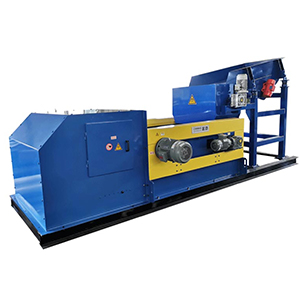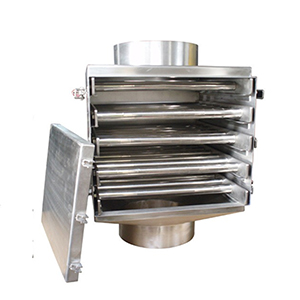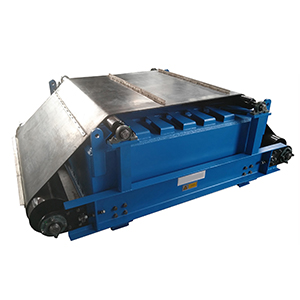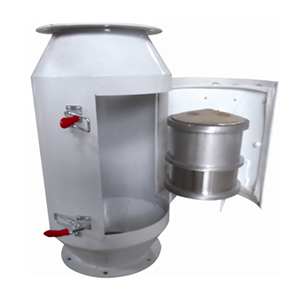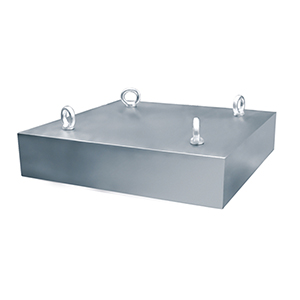Magnetic separators use basic magnetic principles to remove ferrous material from substances such as granules, grains, pellets, powders, and paste. They are commonly installed within the product stream at key points.
Our magnetic separators make up an important part of protecting several different key manufacturing processes from potentially harmful and costly ferrous contamination.
How Does Magnetic Separation Work?
Raw material or finished product will be fed either by gravity, pumped, air, or conveyor belt in which it passes over or through a magnetic rod, grate, grid, or plate.
The magnetic field from the magnetic separator captures ferrous contamination by attracting it while allowing non-magnetic clean products through the manufacturing process.
What Substances will Magnetic Separators Typically Protect?
Our magnetic separators are used across several industries which have the risk of ferrous particle contamination. Processes such as food, chemicals, and pharmaceuticals in which safety is critical will use both primary and secondary separators to protect any liquids, powders, or granules.
For example, products such as sugar, cereal, flour, and starch.
Other industries such as recycling and construction will use primary separation in the manufacturing process of products such as cement, plastic, or glass recycling.
Where are Magnetic Separators Installed?
Magnetic separators are ideal for several installation points along with gravity, pumped, free-fall, or conveyor belt processing lines. The most common points of installation include a raw materials intake, mid-production at HACCP points, and protecting the finished product at the end of the process.
Different Types of Magnetic Separators
There are various types of magnetic separators available, choosing the correct separator is dependent on the feed method and substance being fed through. Separators are commonly split into two groups primary and secondary magnetic separators.
Primary separators are used to prevent damage to machinery by removing larger contamination including nails, bolts, or screws whereas secondary separators are installed to guarantee product purity and quality by removing finer and smaller ferrous contamination.
Do You Require a Magnetic Separator For Your Industrial Application?
Be sure to source your magnetic separators from a reliable manufacturer and supplier and understand the magnetic materials used in them and their capacity.
Here at Magnet Expert, we welcome any inquiry about magnets and their applications. Contact us today at 0845 519 4701 or please feel free to email us at sales@magnetexpert.com.

